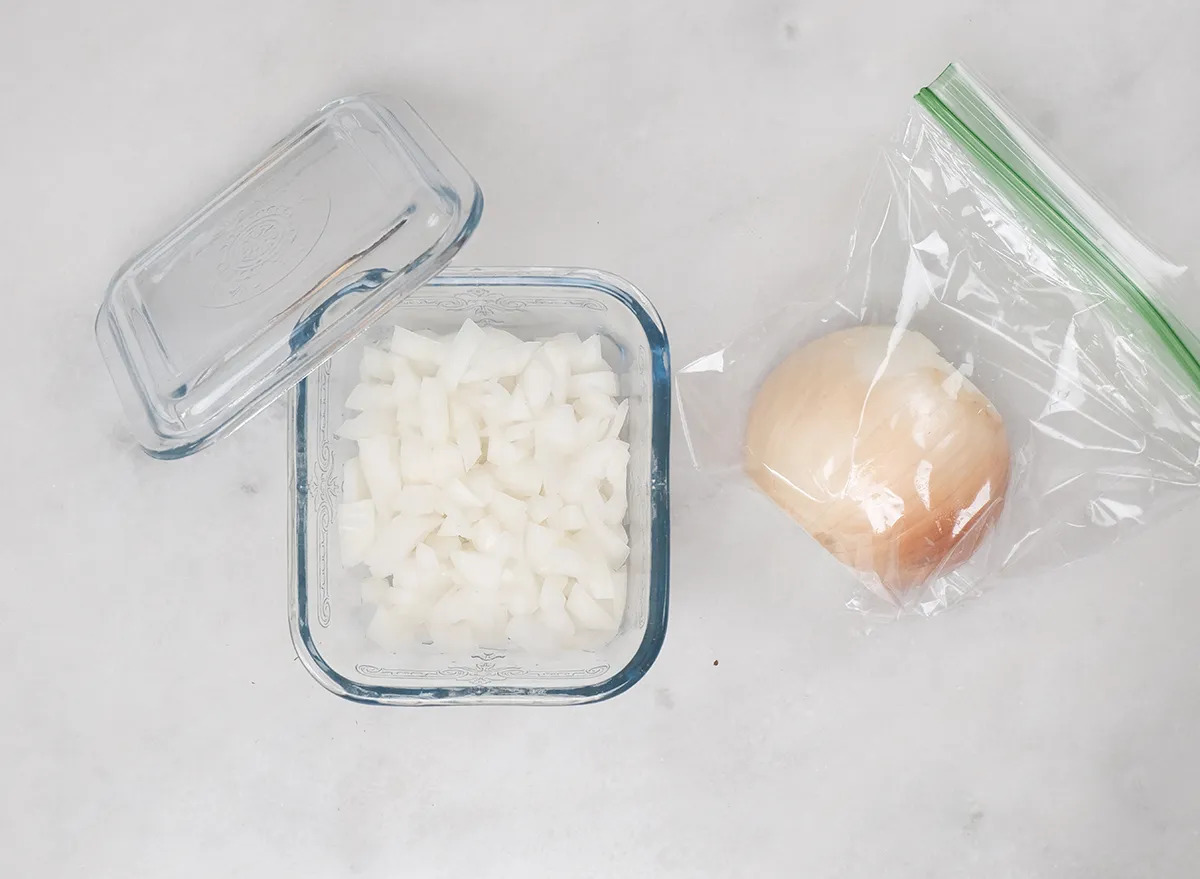

Articles
How To Store Chopped Onion
Modified: January 5, 2024
Learn the best way to store chopped onion with our helpful articles. Keep your onions fresh and flavorful for longer with these tips.
(Many of the links in this article redirect to a specific reviewed product. Your purchase of these products through affiliate links helps to generate commission for Storables.com, at no extra cost. Learn more)
Introduction
In the culinary world, onions are a staple ingredient that adds flavor and depth to countless dishes. Whether you’re sautéing them for a savory stir-fry, caramelizing them for a rich soup, or using them as a base for a mouthwatering sauce, onions are a kitchen essential. However, when it comes to storing chopped onions, it’s important to follow the proper techniques to maintain their freshness and prevent any pungent odors from permeating your refrigerator or freezer.
Chopping onions in advance can be a time-saving strategy, especially for busy individuals who want to streamline their meal preparation. By having pre-chopped onions readily available, you can minimize your cooking time and eliminate the need to chop onions every time you cook a meal. However, improper storage of chopped onions can result in spoilage, loss of flavor, or even cross-contamination with other ingredients.
In this article, we will explore the importance of proper onion storage and share various methods for storing chopped onions, both in the refrigerator and freezer. We will also provide tips on extending the shelf life of your chopped onions, allowing you to maximize their usage and avoid unnecessary waste. So, let’s delve into the world of onion storage and discover the best practices for storing chopped onions!
Key Takeaways:
- Properly storing chopped onions is essential for preserving flavor, minimizing waste, and ensuring convenience in meal preparation. Follow storage guidelines to maintain freshness and enhance culinary creations.
- Whether refrigerating, freezing, pickling, or drying, various methods offer unique benefits for storing chopped onions. Select the best method based on preferences and quantity, while prioritizing food safety and freshness.
Read more: How To Store Chopped Green Onions
Importance of Proper Onion Storage
Proper onion storage is crucial for maintaining their quality and ensuring they stay fresh for as long as possible. Here are a few reasons why it’s important to store chopped onions correctly:
- Preserving Flavor: Onions are renowned for their distinct flavor, which can greatly enhance the taste of your dishes. However, improper storage can cause them to lose their flavor quickly. By storing chopped onions properly, you can preserve their natural taste and ensure that they retain their full flavor profile when used in your recipes.
- Minimizing Waste: Chopped onions are often used in smaller quantities for various recipes. Proper storage helps prevent waste by allowing you to use only the amount of chopped onion you need while keeping the remainder fresh for later use. This way, you can avoid throwing away unused portions of onions, saving you both money and resources.
- Avoiding Cross-Contamination: Chopped onions can be a source of strong odors, and if not stored properly, these odors can transfer to other foods in your refrigerator or freezer. By keeping chopped onions in designated storage containers, you can prevent cross-contamination and ensure that the flavors and aromas of different ingredients remain distinct.
- Convenience: Preparing meals can be time-consuming, and having chopped onions readily available can be a real time-saver. By taking the time to store chopped onions properly, you can have them at your fingertips whenever you need them, making meal preparation more efficient and convenient.
By understanding the importance of proper onion storage, you can ensure that your chopped onions maintain their quality, flavor, and aroma, enhancing your culinary creations and making your cooking experience more enjoyable.
Preparing Onions for Storage
Before you embark on storing chopped onions, it’s essential to properly prepare them to maximize their shelf life. Here are a few steps to follow when preparing onions for storage:
- Selecting Fresh Onions: When choosing onions for storage, opt for firm ones with dry, papery skins. Avoid selecting onions that have bruises, soft spots, or signs of sprouting, as these are indications of spoilage.
- Peeling and Chopping: Start by peeling the onions and removing the outer layers. Carefully slice off the top and bottom, then cut the onion in half from top to bottom. Finally, make horizontal cuts across each half to create finely chopped pieces. Ensure that your knife is sharp to prevent crushing or bruising the onions.
- Divide into Portion Sizes: Once the onions are chopped, consider dividing them into portion sizes that match your typical recipe requirements. This step will make it easier to grab the quantity you need without thawing more than necessary.
- Labeling: It’s important to label your storage containers or bags with the date of preparation to keep track of freshness and ensure that you use the oldest onions first.
- Proper Handling: Clean and dry your hands thoroughly before handling chopped onions to avoid introducing moisture or contaminants. Moisture can contribute to spoilage and affect the texture and flavor of the onions.
Following these preparation steps will ensure that your chopped onions are ready for storage and maintain their freshness and quality for a longer duration.
Storing Chopped Onions in the Refrigerator
The refrigerator is a suitable place to store chopped onions, as it provides a cool and controlled environment. Here’s how to store chopped onions in the refrigerator:
- Airtight Containers: Transfer the chopped onions into airtight containers or resealable bags. Ensure that the containers are clean and dry before adding the onions. Airtight containers help to minimize exposure to air, which can cause the onions to spoil more quickly.
- Label and Date: Label your containers or bags with the date of storage to keep track of freshness. This way, you can use the oldest onions first to avoid any waste.
- Placement: Store the chopped onions in the refrigerator’s crisper drawer or in a designated area where they will stay undisturbed. Make sure to place them away from stronger-smelling foods, as onions can easily absorb odors.
- Temperature: The ideal temperature for storing chopped onions in the refrigerator is between 35°F and 40°F (2°C and 4°C). Avoid placing the onions in the refrigerator door, as this area tends to experience temperature fluctuations when it is opened and closed frequently.
- Usage: Chopped onions stored in the refrigerator will typically maintain their quality for about 3-5 days. It’s best to use them within this timeframe to ensure optimal flavor and freshness.
By following these guidelines, you can store your chopped onions in the refrigerator and keep them fresh for several days, ready to be added to your favorite recipes whenever you need them.
Store chopped onion in an airtight container in the refrigerator to keep it fresh and prevent odors from spreading. Use it within 2-3 days for best flavor.
Using Freezer Bags for Onion Storage
Freezing chopped onions is an excellent option for long-term storage, allowing you to extend their shelf life and have them readily available whenever you need them. Here’s how to use freezer bags for onion storage:
- Prepping the Freezer Bags: Use high-quality freezer bags that are specifically designed for long-term food storage. Make sure the bags are clean and dry before using them to store chopped onions.
- Portioning: Divide the chopped onions into suitable portion sizes based on your cooking needs. Consider using smaller freezer bags to store individual or recipe-specific portions, as this will allow you to thaw only the amount you require, rather than the entire batch.
- Removing Air: Squeeze out as much air as possible before sealing the freezer bags. This will help prevent freezer burn and maintain the quality of the chopped onions during freezing.
- Label and Date: Clearly label each freezer bag with the date of storage and the contents. This information will make it easier to track the freshness of the onions and use them in a timely manner.
- Freezing: Lay the filled and sealed freezer bags flat on a baking sheet or tray to allow them to freeze evenly. Once frozen, you can stack them in a more compact manner in your freezer to save space.
- Storage Duration: Chopped onions can be stored in the freezer for up to 3-6 months. However, for the best quality and flavor, it’s recommended to use them within the first 3 months.
- Thawing: When you need to use the frozen chopped onions, simply remove the desired amount from the freezer bag and thaw them in the refrigerator overnight. Avoid thawing and refreezing chopped onions multiple times, as this can impact their texture and taste.
By utilizing freezer bags for onion storage, you can conveniently freeze chopped onions and have them on hand whenever you want to add a burst of flavor to your favorite recipes, even if fresh onions are not readily available.
Read more: How To Store Chopped Red Onion
Alternative Methods of Storing Chopped Onions
In addition to refrigerating and freezing, there are a few alternative methods you can consider for storing chopped onions:
- Vacuum Sealing: Vacuum sealing is an excellent option for long-term storage. It removes air from the packaging, preventing the onions from oxidizing and extending their shelf life. Place the chopped onions in vacuum-sealed bags or containers and follow the instructions provided with your vacuum sealer to ensure a proper seal.
- Pickling: Pickling chopped onions is not only a delicious way to preserve them but also adds a tangy twist to your dishes. To pickle chopped onions, combine them with a vinegar-based brine and store them in sterilized jars. Properly sealed pickled onions can be stored in a cool, dark place, such as a pantry, for several months.
- Drying: If you prefer a longer shelf life and a more concentrated flavor, consider drying your chopped onions. Spread the chopped onions on a baking sheet and dry them in a low-temperature oven or use a food dehydrator. Once completely dried, store the onions in an airtight container in a cool, dark place. Dried onions can be rehydrated by soaking them in water for a few minutes before using them in recipes.
- Canning: Canning chopped onions involves preserving them in jars using a pressure canner or water bath method. This method is ideal for long-term storage, and the onions can be safely stored on the pantry shelf. It’s essential to follow proper canning techniques to ensure the onions remain safe for consumption.
These alternative methods of storing chopped onions offer unique benefits and allow you to experiment with different flavors and textures. Choose the method that best suits your preferences and the quantity of chopped onions you have on hand.
Tips for Extending the Shelf Life of Chopped Onions
To maximize the shelf life of your chopped onions and ensure they stay fresh and flavorful for as long as possible, consider the following tips:
- Proper Storage Containers: Use airtight containers or resealable bags specifically designed for food storage. These containers will help prevent moisture and odors from contaminating the onions, preserving their quality.
- Keep Them Dry: Moisture can cause chopped onions to spoil quickly. Ensure that the onions are completely dry before storing them, as any residual moisture can lead to bacterial growth and spoilage.
- Separate Strong Smelling Ingredients: Onions have a strong odor that can permeate other foods. Store chopped onions away from other ingredients that are sensitive to absorbing odors. Consider using separate containers or bags to prevent cross-contamination.
- Store in the Right Temperature: The ideal temperature for storing chopped onions is between 35°F and 40°F (2°C and 4°C). Avoid exposing them to temperature fluctuations or extremes, as this can accelerate spoilage.
- Avoid Direct Sunlight: Keep your chopped onions away from direct sunlight, as exposure to light can promote sprouting and degradation of their quality and flavor.
- First In, First Out: When storing chopped onions, practice the “first in, first out” principle. Use the oldest onions first to ensure you consume them before they begin to spoil, and maintain freshness by rotating your stock.
- Don’t Chop in Advance: While it’s convenient to have pre-chopped onions, it’s best to chop them as close to the time of use as possible. Onions release enzymes when cut, which can quickly break down their flavor and texture. By chopping them fresh, you can enjoy the full aroma and taste of the onions.
- Check for Spoilage: Regularly inspect your chopped onions for any signs of spoilage, such as mold, excessive moisture, or off-putting odors. Discard any onions that show these signs to prevent contamination of the others.
By following these tips, you can extend the shelf life of your chopped onions, minimize waste, and ensure that they remain fresh and flavorful for all your culinary endeavors.
Conclusion
Properly storing chopped onions is essential to maintain their flavor, quality, and freshness. Whether you choose to store them in the refrigerator, freezer, or explore alternative methods such as pickling or drying, following the right techniques will extend their shelf life and ensure they are always ready for use in your favorite recipes.
When storing chopped onions, remember to use airtight containers or freezer bags to minimize exposure to air and prevent cross-contamination with other foods. Label and date your storage containers to keep track of freshness and use older onions first. Also, consider portioning the onions to avoid unnecessary thawing or waste.
By adhering to proper storage guidelines and taking care to select fresh onions, you can preserve the flavor and quality of your chopped onions. Additionally, implementing tips such as keeping them dry, separating strong-smelling ingredients, and storing them at the appropriate temperature will further prolong their shelf life.
Whether you choose to refrigerate, freeze, vacuum seal, pickle, or dry your chopped onions, each method offers its own advantages and unique flavors. Consider your storage needs and preferences to determine the best method for you.
Finally, it’s crucial to remember proper food safety practices. Regularly inspect your chopped onions for any signs of spoilage and discard any onions that are moldy, excessively moist, or have off-putting odors.
Incorporating these storage techniques and tips into your culinary routine will not only help you save time and minimize waste but also ensure that you always have fresh and flavorful chopped onions on hand to enhance the taste of your favorite dishes.
So, next time you prepare chopped onions, remember to follow the proper storage methods and enjoy the convenience of having them readily available in your kitchen!
Frequently Asked Questions about How To Store Chopped Onion
Was this page helpful?
At Storables.com, we guarantee accurate and reliable information. Our content, validated by Expert Board Contributors, is crafted following stringent Editorial Policies. We're committed to providing you with well-researched, expert-backed insights for all your informational needs.
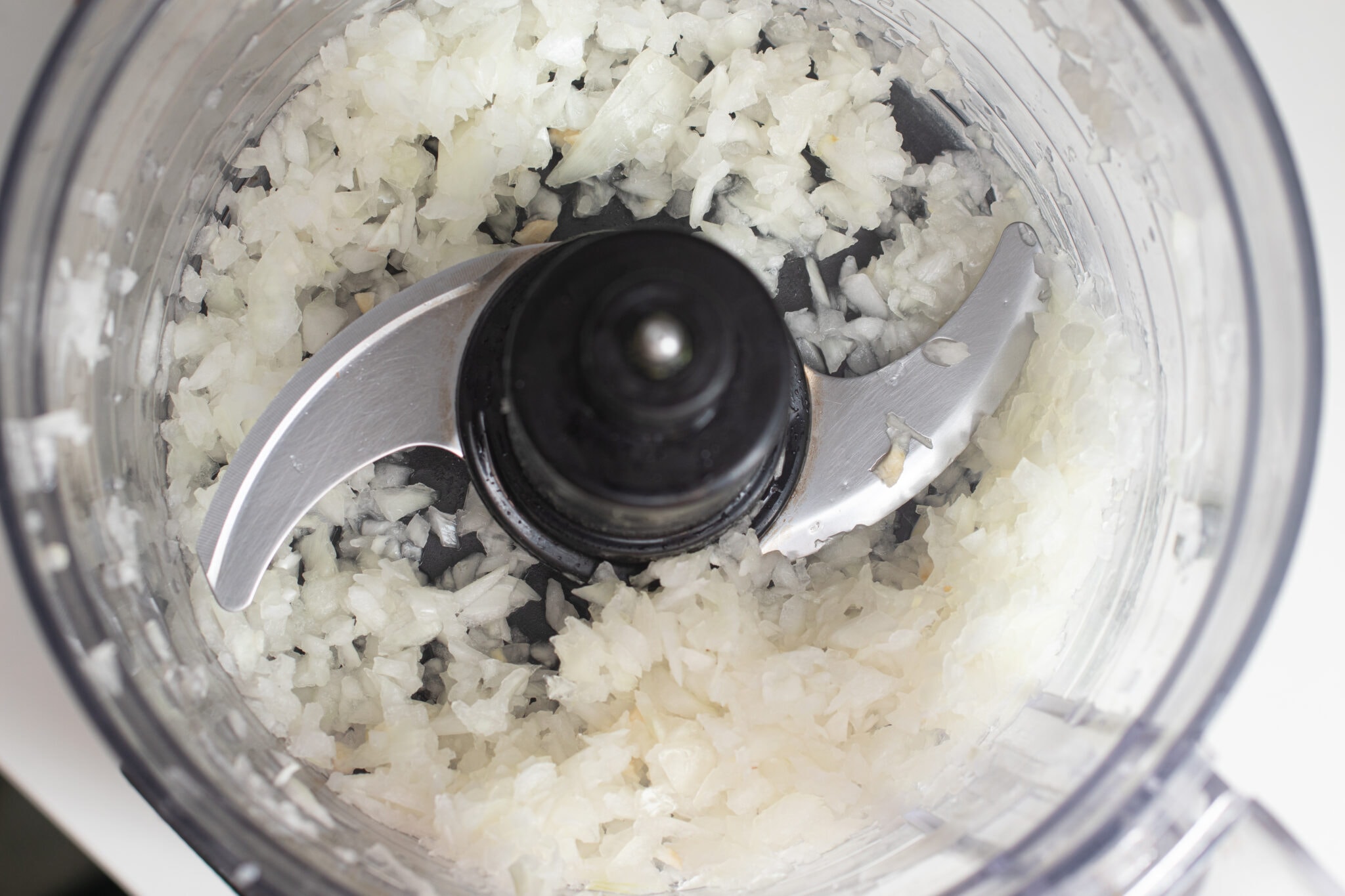

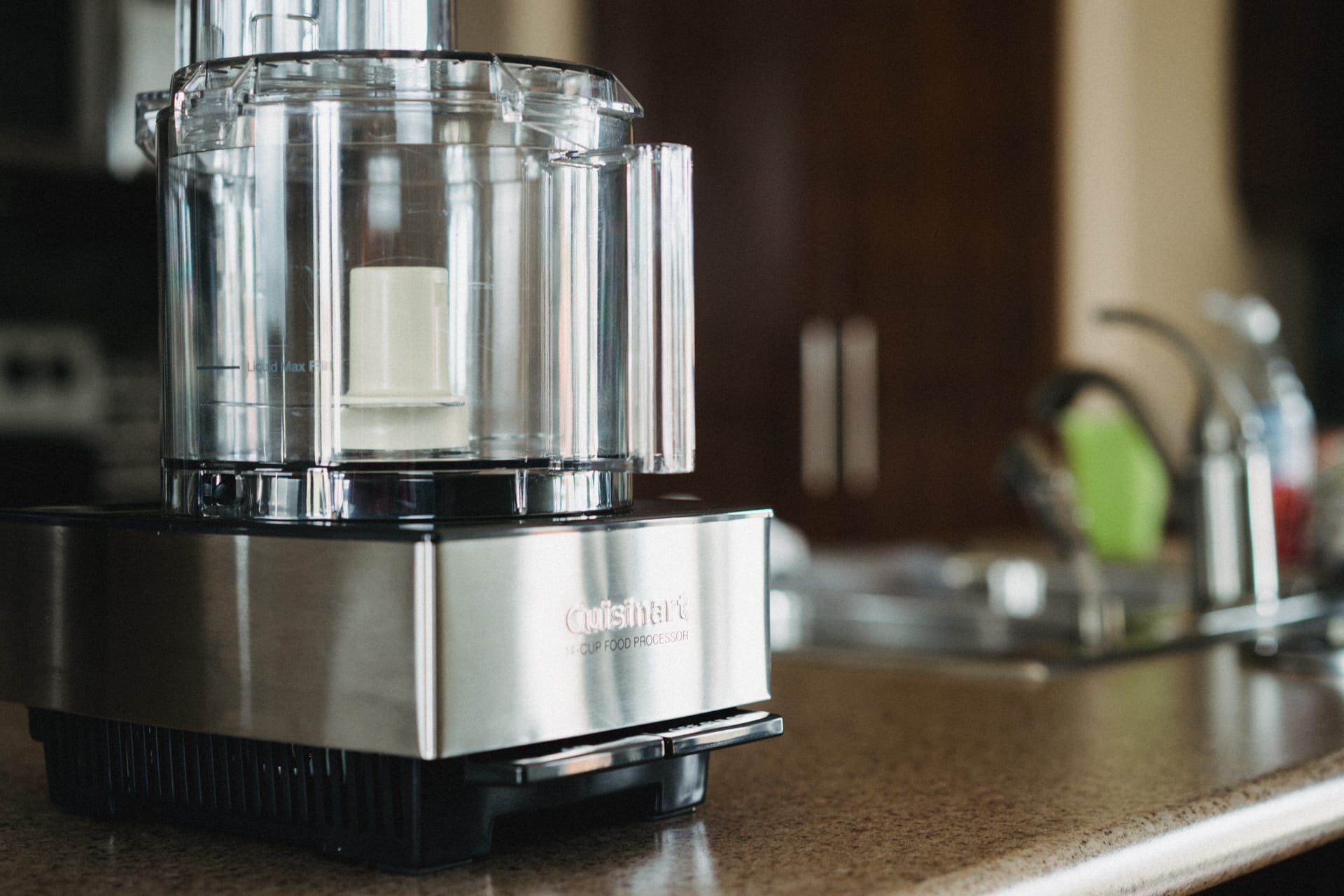
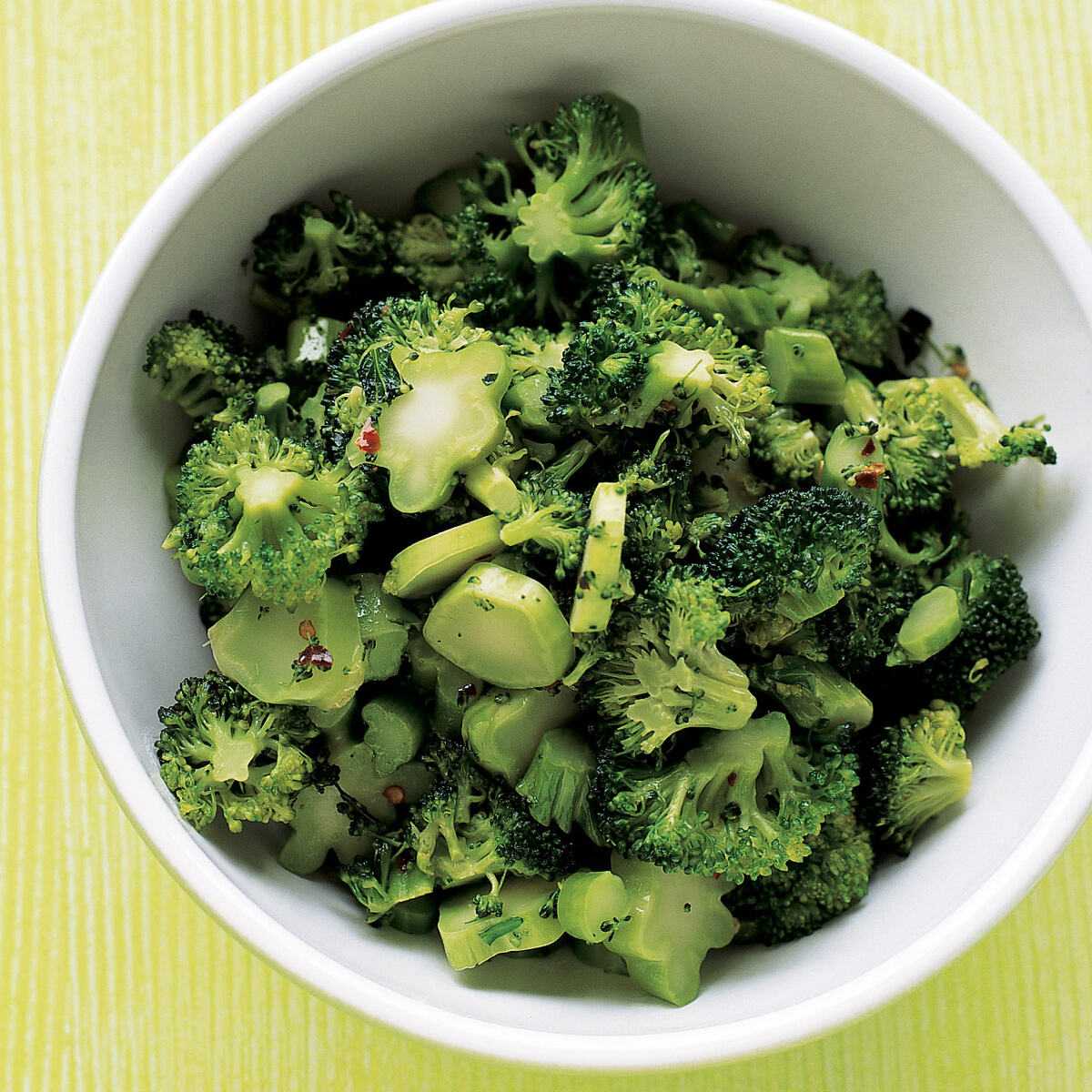
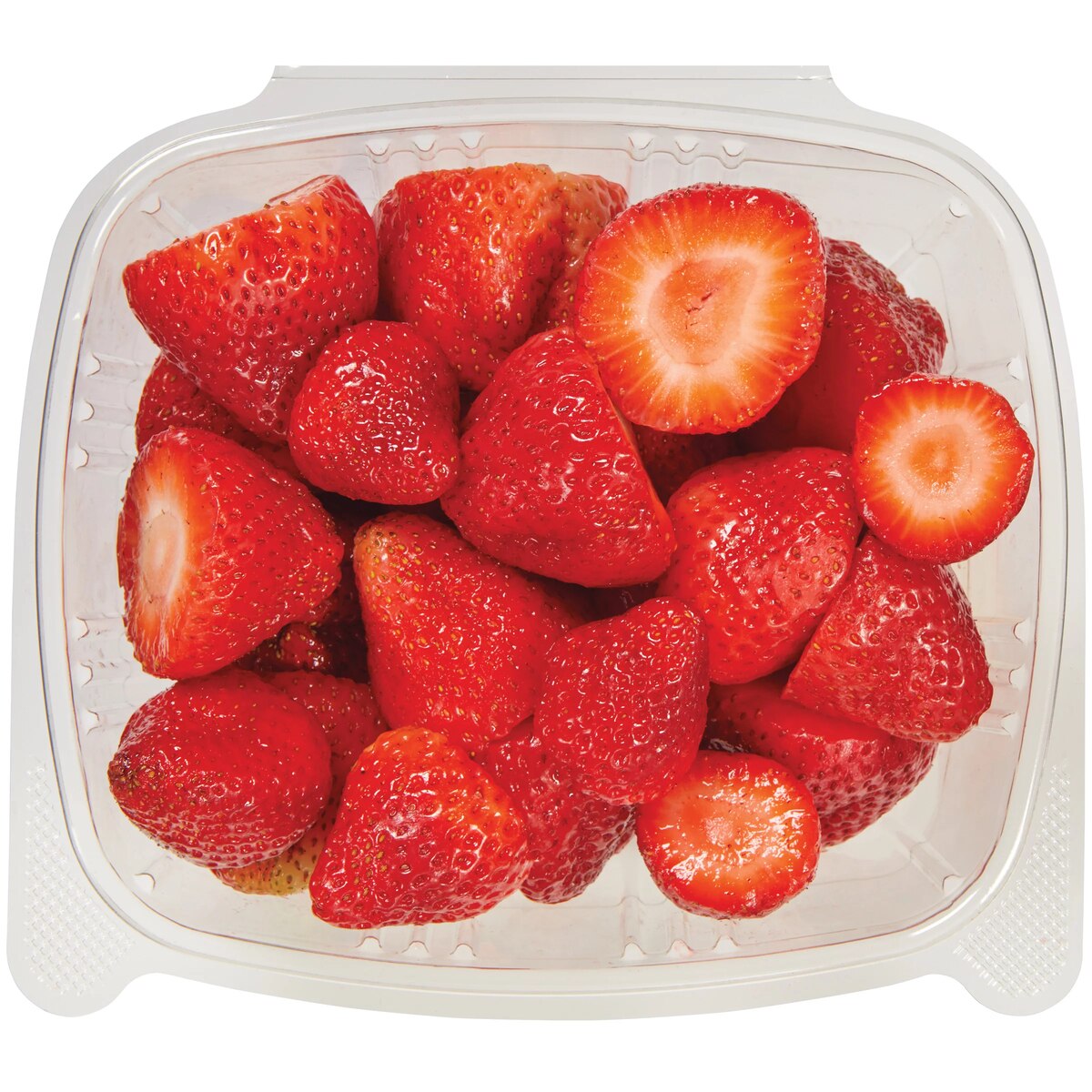
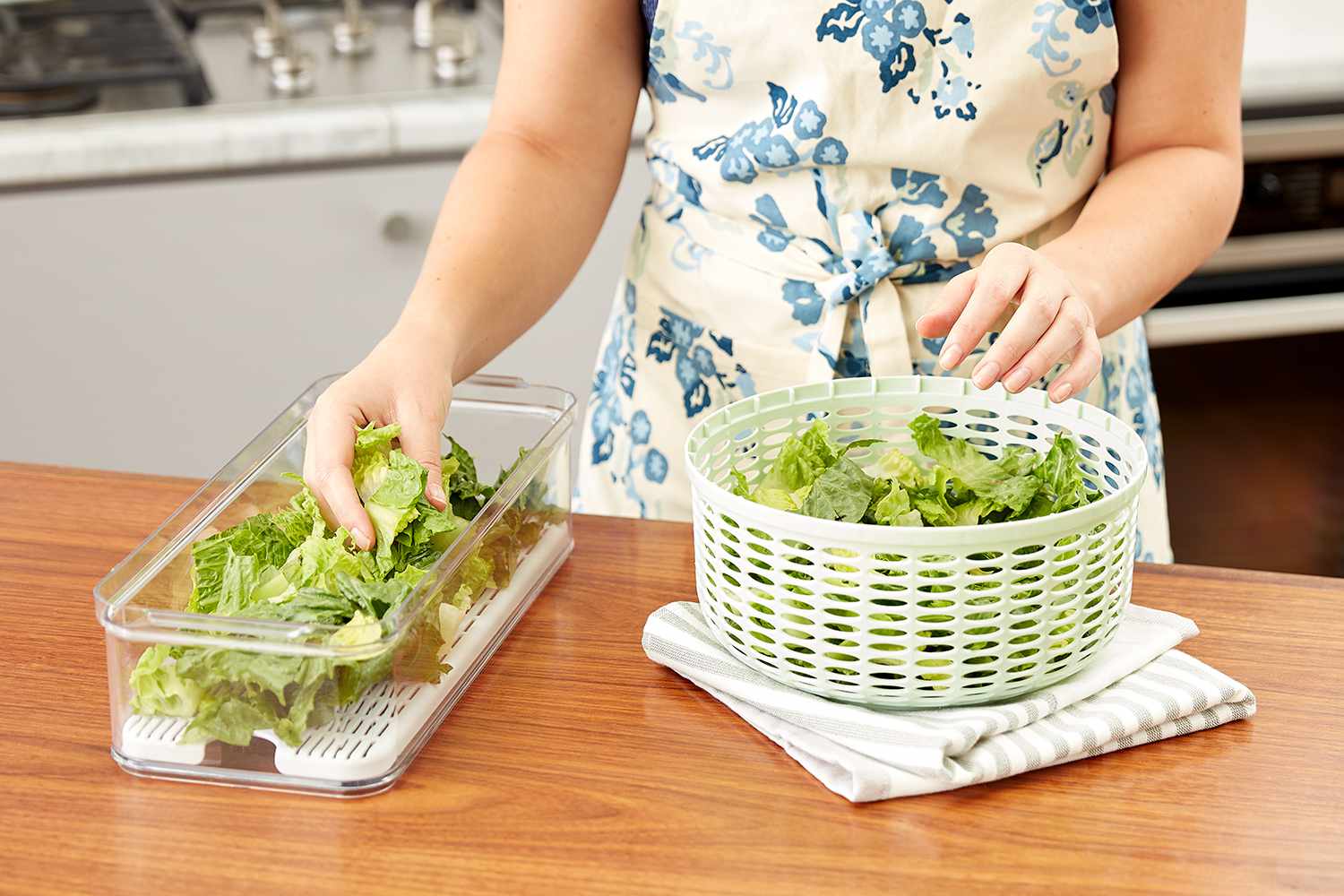
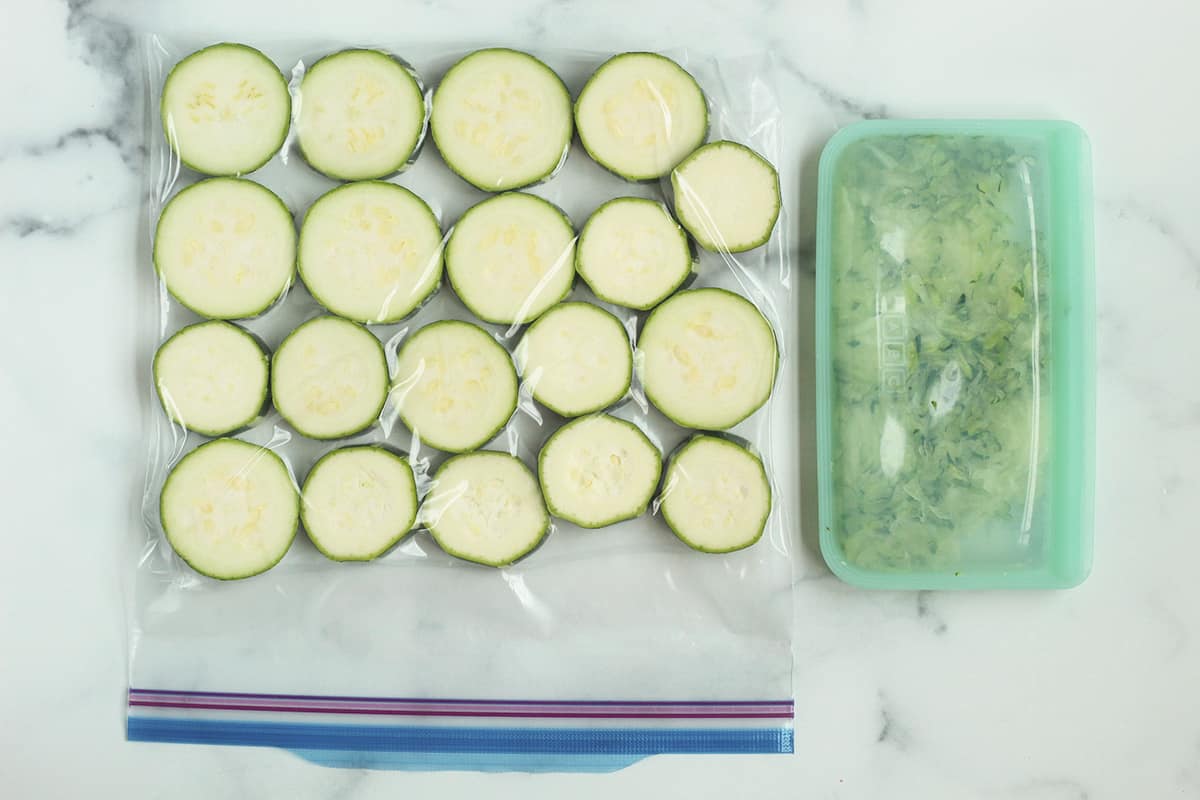
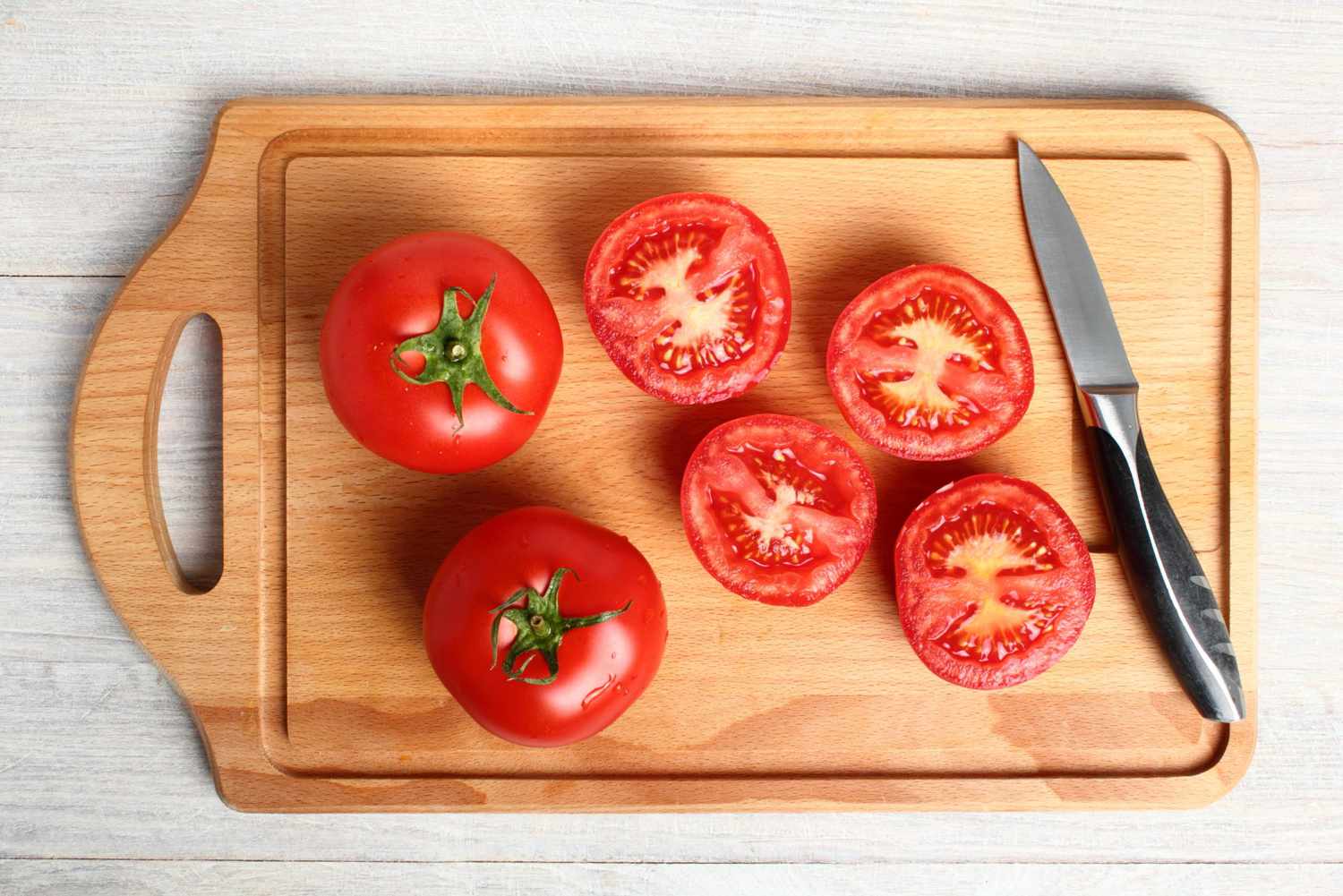
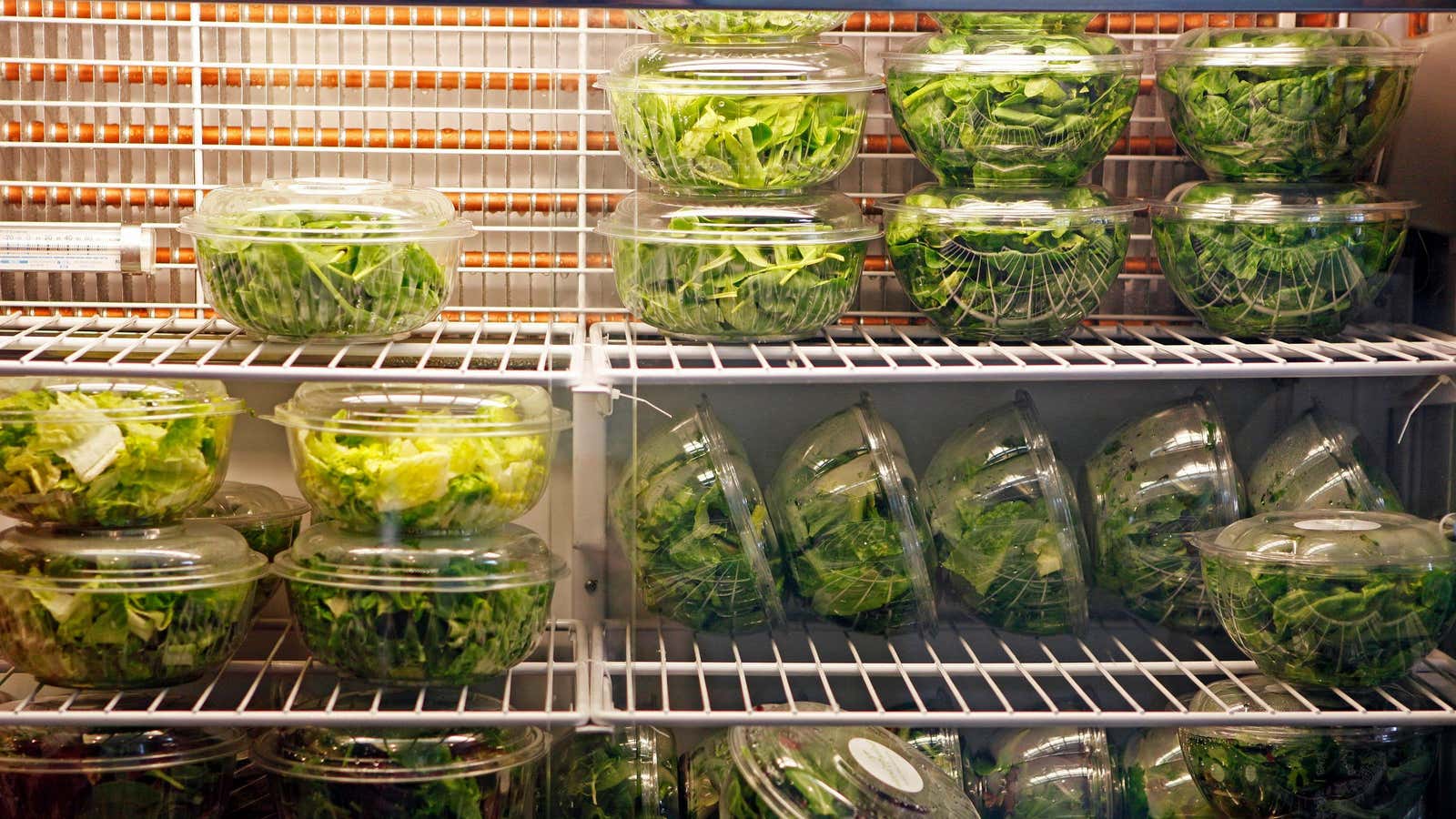
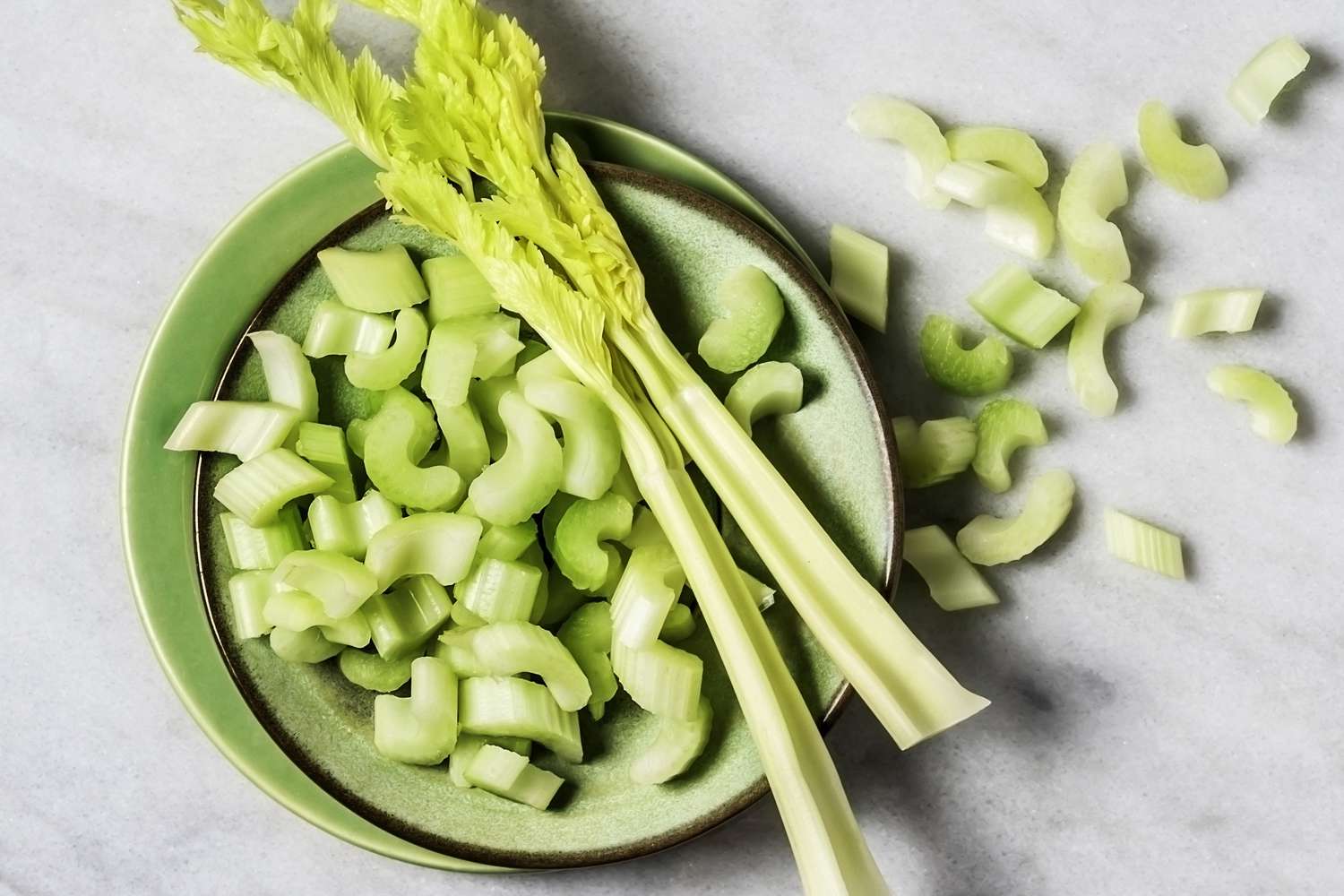
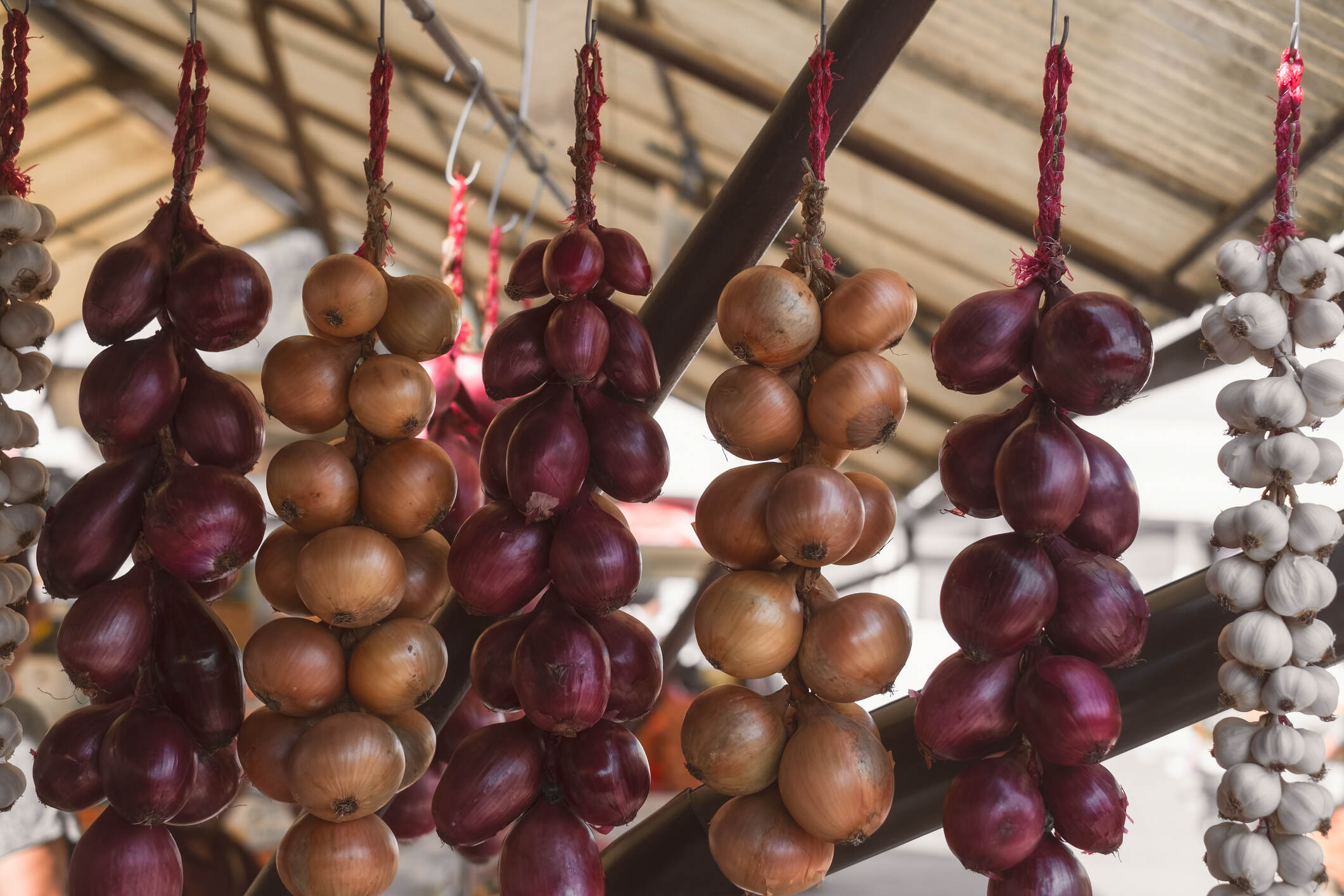
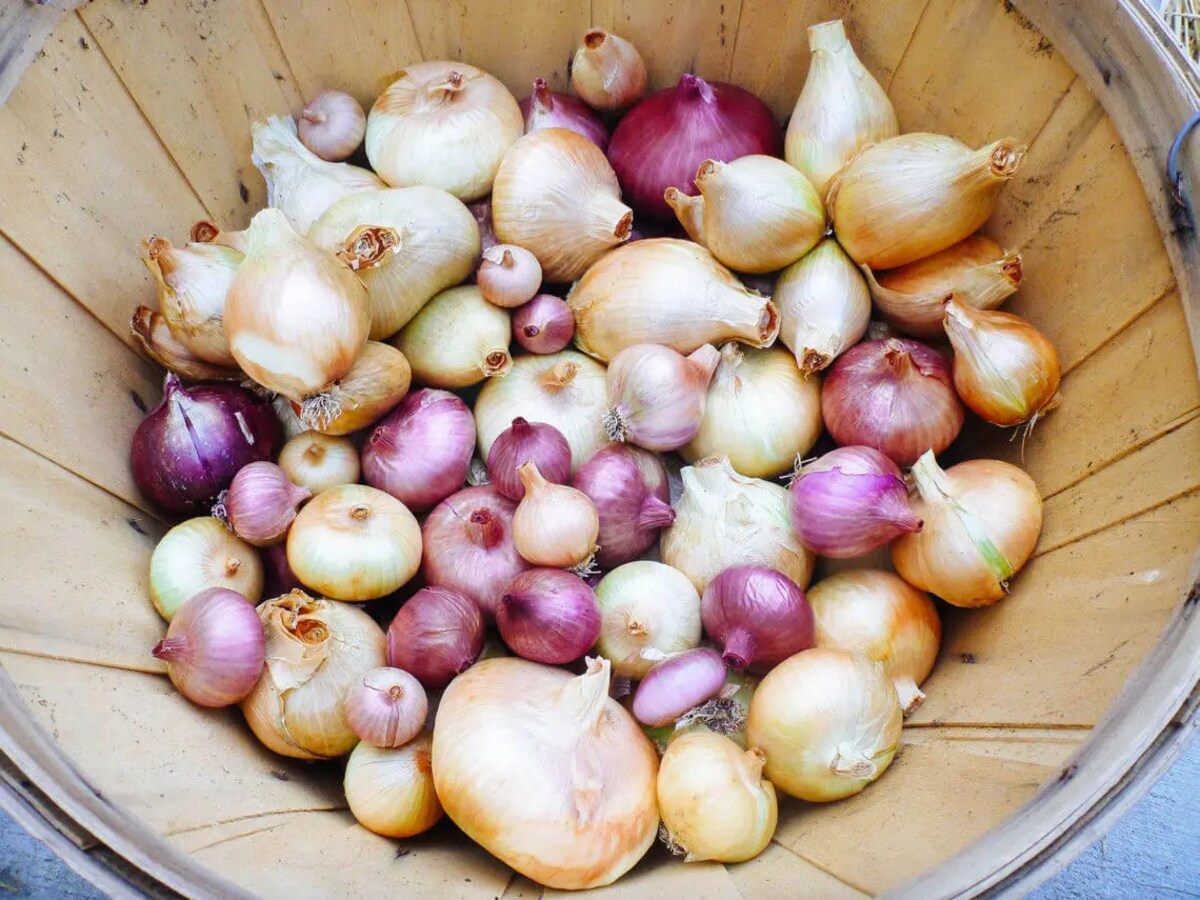
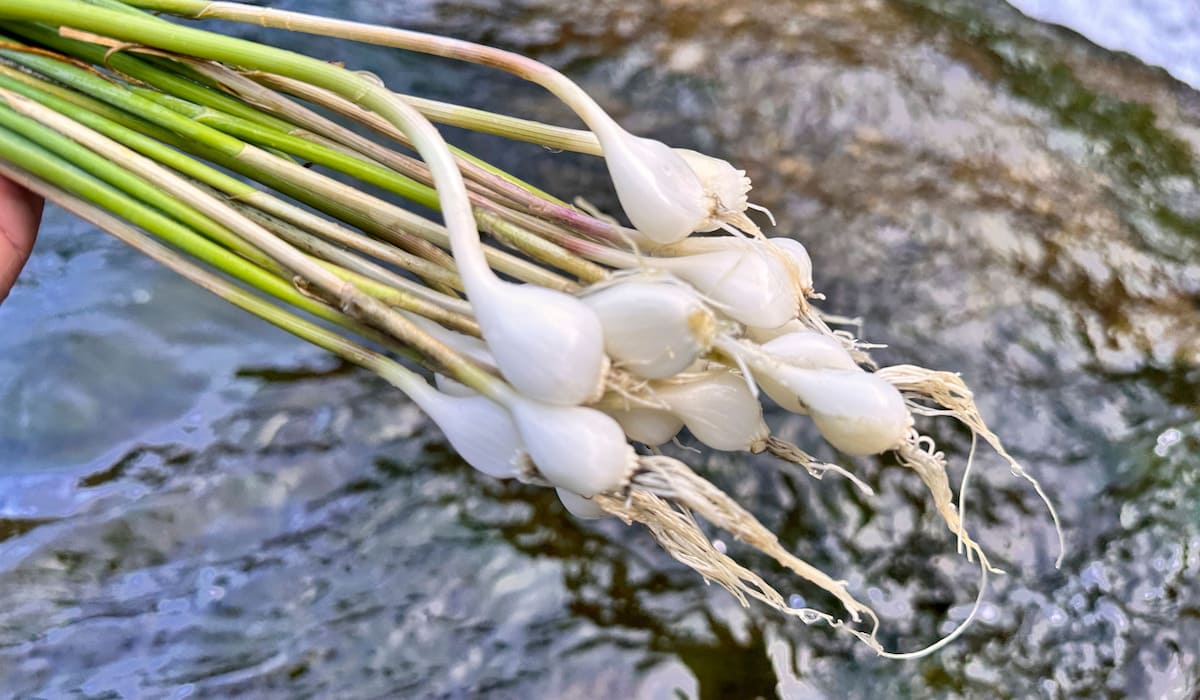
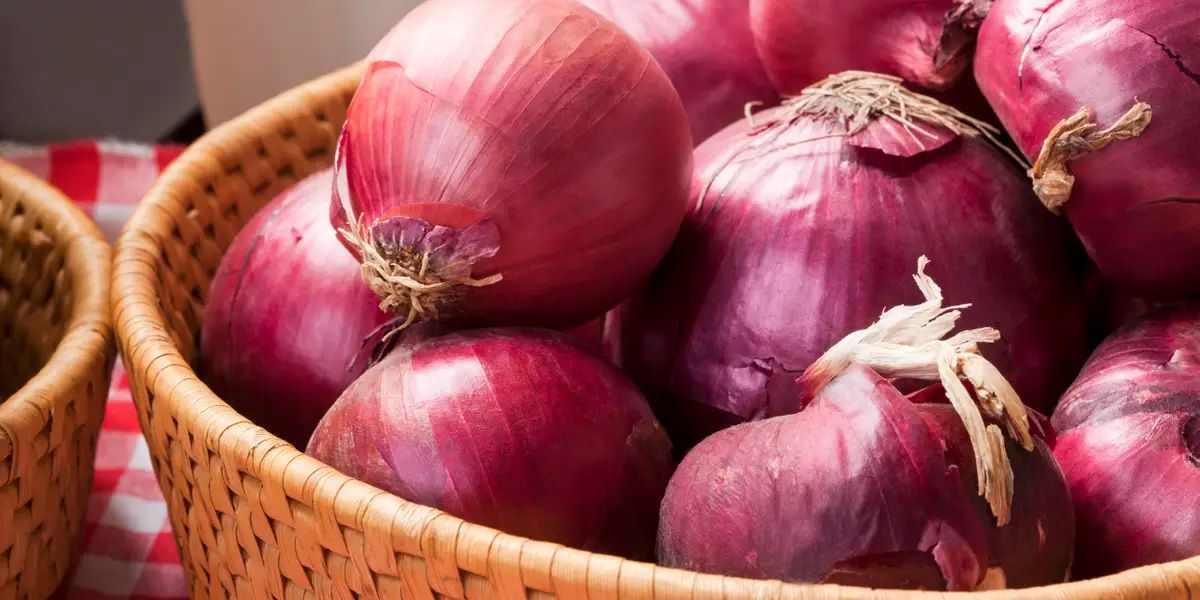

0 thoughts on “How To Store Chopped Onion”